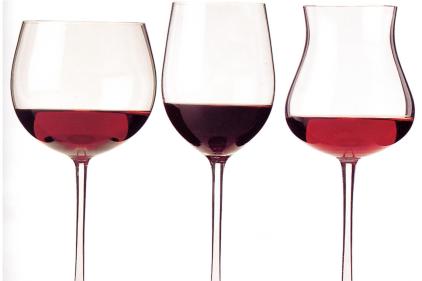According to Harvard University, resveratrol is a compound that various plants make to fight off bacteria, fungi, and other microbial attackers, or to withstand drought or lack of nutrients. It has been found in red and purple grapes, blueberries, cranberries, mulberries, lingonberries, peanuts, and pistachios. Resveratrol is also abundant in the roots of Japanese knotweed, a plant that has become a hard-to-eradicate invader in the United States.
According to lead author Richard D. Semba, M.D., M.P.H., of the Johns Hopkins University School of Medicine and colleagues, the “French Paradox” of a low occurrence of coronary heart disease despite a diet high in cholesterol and saturated fat in France has been ascribed to the regular intake of red wine, in particular, to resveratrol and other polyphenols contained in wine. Initial evidence also suggests that resveratrol may have anti-inflammatory effects, prevent cancer and decrease blood vessel stiffness.
In a sample of 783 men and women 65 years or older who were part of the Aging in the Chianti Region study from 1998 to 2009 in two Italian villages, the researchers wanted to know if resveratrol levels achieved through diet were associated with inflammation, cancer, cardiovascular disease, and death. Resveratrol levels were measured using 24-hour urine collections to hunt for breakdown products of resveratrol.
Over nine years of follow-up, 268 participants, or 34.3% died; of the 639 participants free of cardiovascular disease at enrollment, 174, or 27.2%, developed cardiovascular disease during the follow-up; and, of the 734 participants who were free of cancer at enrollment, 34, or 4.6%, developed cancer during the follow-up. Urine resveratrol metabolite levels were not connected with death, inflammation, cardiovascular disease or cancer.
Therefore, the researchers concluded, “this prospective study of nearly 800 older community-dwelling adults shows no association between urinary resveratrol metabolites and longevity. This study suggests that dietary resveratrol from Western diets in community-dwelling older adults does not have a substantial influence on inflammation, cardiovascular disease, cancer, or longevity.”
